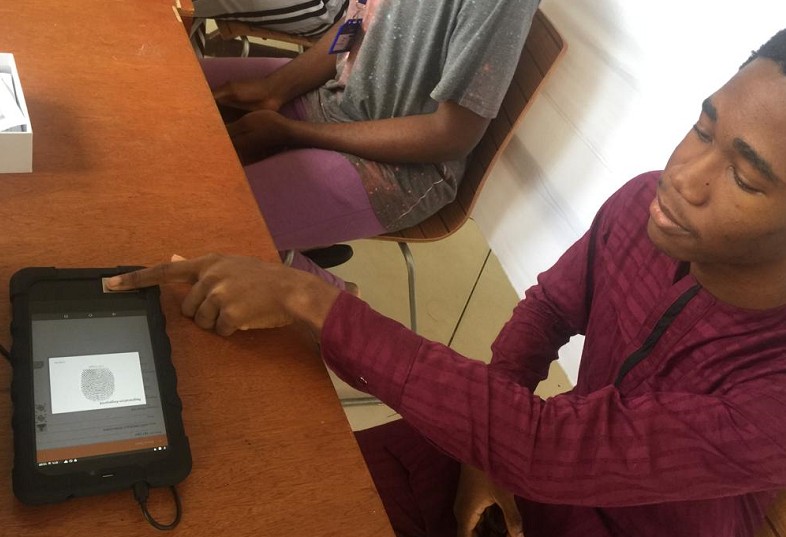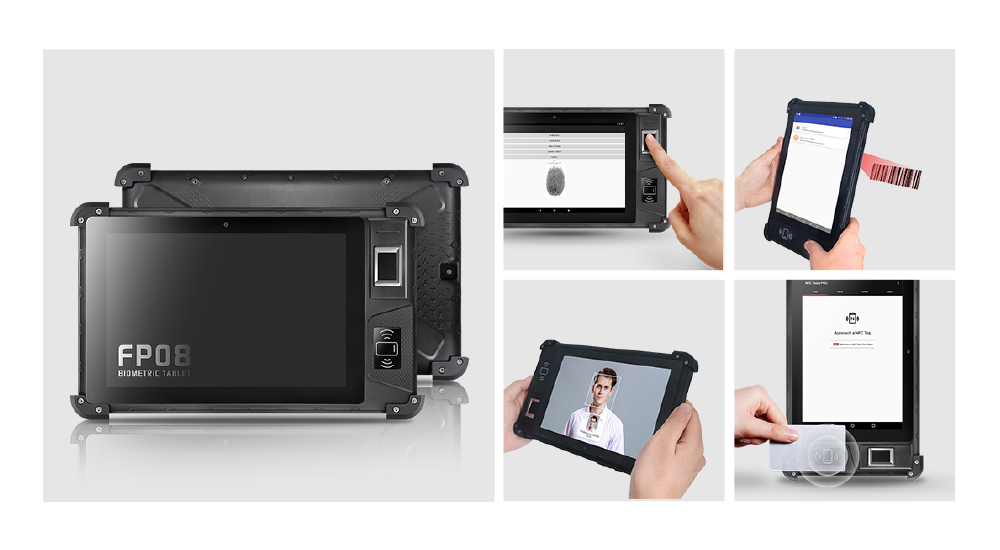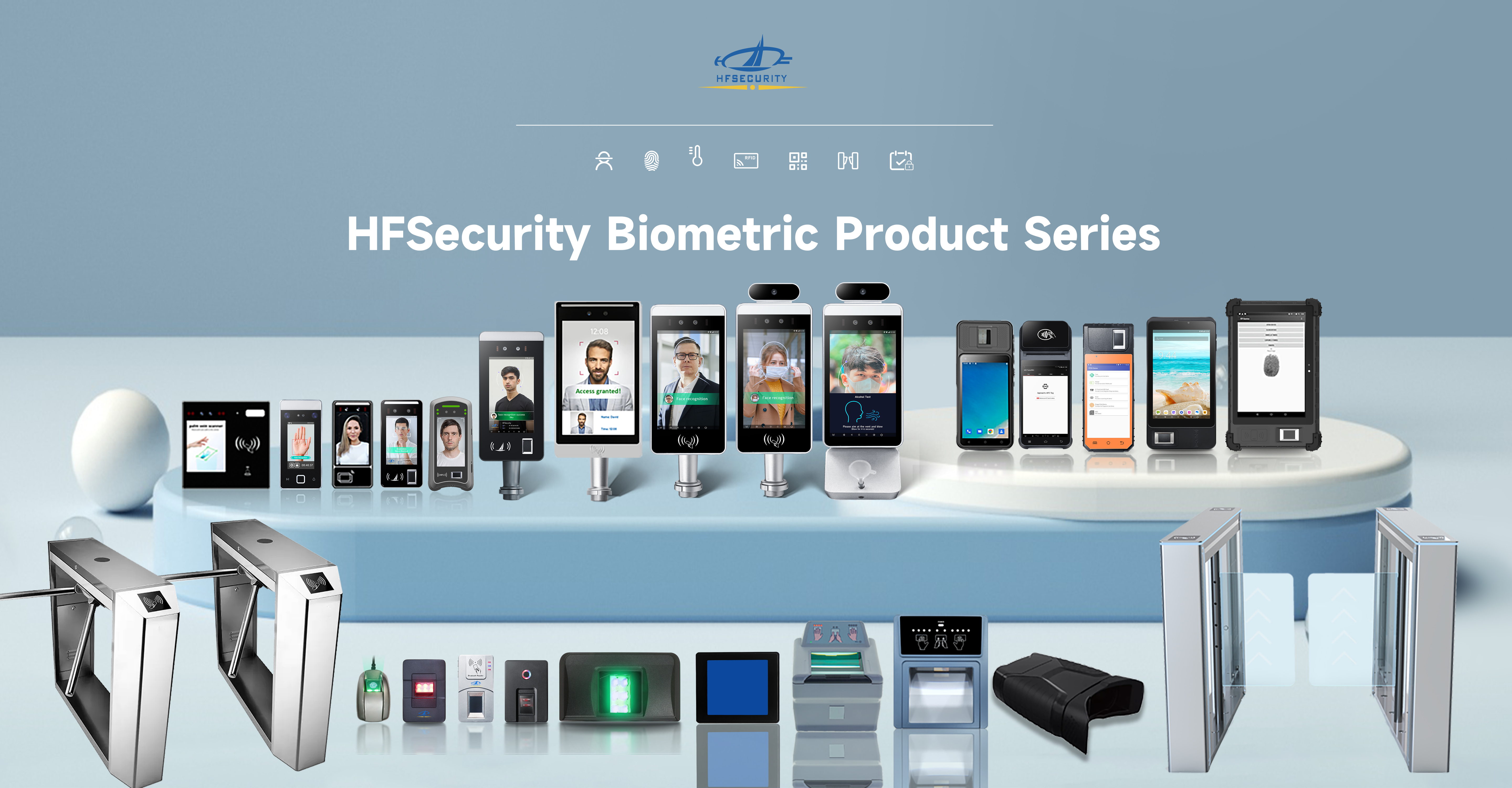Introduction
The agricultural sector is the backbone of many economies worldwide, providing food, raw materials, and employment opportunities. To support and promote this vital industry, governments, and organizations frequently engage in various initiatives aimed at improving the lives of farmers. One such initiative is farmers’ registration, which is a crucial step in ensuring that farmers receive the benefits and services they deserve. In recent years, the use of biometric tablets for farmers’ registration has gained traction due to its efficiency and security benefits. In this article, we will explore why utilizing biometric tablets for farmers’ registration is a game-changer, offering numerous advantages for both farmers and the organizations responsible for managing agricultural programs.
Accuracy and Elimination of Duplicate Registrations
One of the primary advantages of using biometric tablets for farmers’ registration is the high level of accuracy they provide. Traditional registration methods often rely on paper records and manual data entry, which can be error-prone and susceptible to fraud. Biometric tablets, on the other hand, capture a farmer’s unique biometric data, such as fingerprints, iris scans, or facial features, with precision. This ensures that each farmer’s identity is accurately recorded, reducing the risk of duplicate registrations and identity fraud.
Duplicate registrations can lead to significant problems in the distribution of agricultural resources, subsidies, and support programs. Biometric tablets help eliminate these issues by ensuring that each farmer is registered only once, promoting fairness and equity in resource allocation.

biometric mobile fingerprint handheld terminal
Time and Cost Efficiency
Farmers’ registration is a time-consuming process, particularly in regions with large agricultural populations. Traditional registration methods involve paperwork, manual data entry, and verification processes that can take weeks or even months to complete. In contrast, biometric tablets streamline the registration process significantly.
With biometric tablets, field officers can capture a farmer’s data quickly and efficiently, reducing the time required for each registration. This not only saves valuable time for both farmers and registration personnel but also minimizes operational costs associated with the registration process. Fewer resources are needed for data entry, verification, and paperwork, allowing organizations to allocate their budget more effectively.
Enhanced Security
Security is a paramount concern in farmers’ registration processes, as the accuracy and integrity of data are crucial for effective program implementation. Biometric tablets offer a higher level of security compared to traditional methods. Biometric data, such as fingerprints or iris scans, are unique to each individual and difficult to forge or manipulate. This makes it extremely challenging for individuals to register under false identities or engage in fraudulent activities.
Moreover, the data collected through biometric tablets can be encrypted and stored securely, reducing the risk of data breaches. Access to this data can also be restricted to authorized personnel, further enhancing data security.

biometric tablet for identification
Improved Accountability and Transparency
Biometric tablets not only benefit farmers but also enhance the accountability and transparency of agricultural programs. The digital nature of the data collected allows for real-time monitoring and tracking of registration activities. Organizations can easily track the progress of registration campaigns, verify the identity of registered farmers, and ensure that resources are distributed to the intended beneficiaries.
The transparency offered by biometric tablets helps prevent corruption and mismanagement of agricultural resources. It allows for better oversight of the registration process, making it more difficult for individuals to exploit the system for personal gain.
Inclusion of Marginalized Farmers
In many agricultural communities, marginalized farmers, such as women, smallholders, and those with limited access to traditional identification documents, face significant challenges in accessing government support and resources. Biometric tablets offer a solution to this problem by enabling the registration of farmers who may not have formal identification.
Biometric data, such as fingerprints, can be used to establish the identity of individuals without relying on official documents that marginalized farmers may not possess. This inclusivity ensures that even the most vulnerable farming community members can access the benefits of agricultural programs and services.
Data Analysis and Informed Decision-Making
The data collected through biometric tablets can be used for comprehensive data analysis and informed decision-making. By analyzing the demographic and geographical information of registered farmers, organizations can tailor their agricultural programs to better meet the specific needs of different regions and communities.
Furthermore, historical data can be used to track the impact of agricultural interventions and assess the effectiveness of various programs. This data-driven approach enables organizations to allocate resources more efficiently and make evidence-based decisions to improve agricultural productivity and livelihoods.
Scalability and Adaptability
Biometric tablet technology is scalable and adaptable to various contexts and regions. It can be easily deployed in both rural and urban areas, allowing organizations to reach a wide range of farmers. The technology can also be customized to suit the specific requirements of different agricultural programs and initiatives.
As technology continues to advance, biometric tablets can be updated and integrated with other digital tools and platforms, further enhancing their utility in farmers’ registration and beyond.

HFSecurity biometric handheld terminal
Conclusion
The use of biometric tablets for farmers’ registration offers a multitude of benefits, ranging from improved accuracy and security to time and cost efficiency. These devices are a powerful tool in ensuring that agricultural resources are allocated fairly and transparently, benefiting both farmers and the organizations responsible for managing agricultural programs.
By leveraging biometric technology, governments and agricultural organizations can enhance the inclusivity, accountability, and transparency of their initiatives, ultimately contributing to the sustainable development of the agricultural sector. As technology continues to advance, the adoption of biometric tablets in farmers’ registration is likely to become even more widespread, further transforming the way agricultural programs are implemented and managed.

